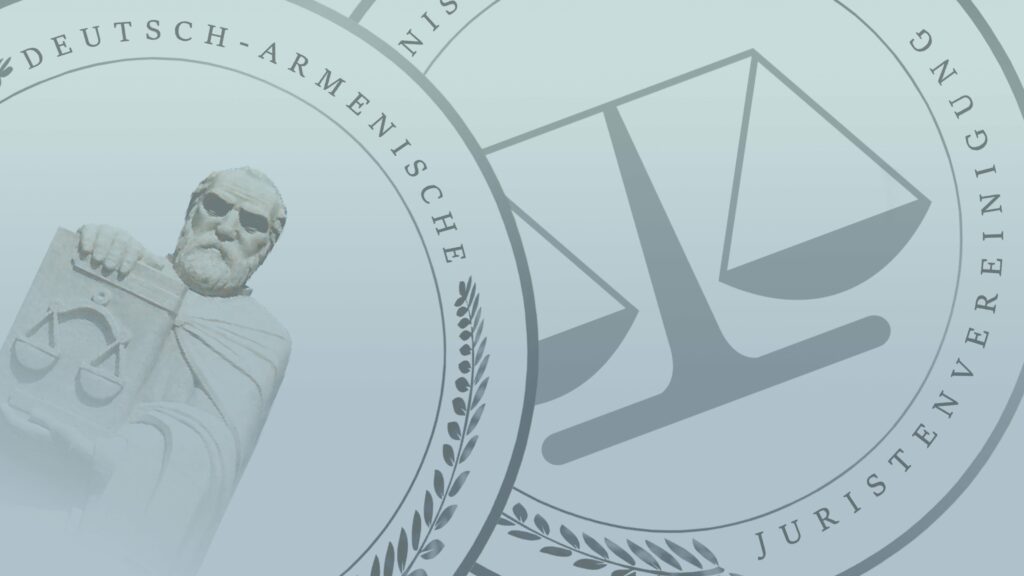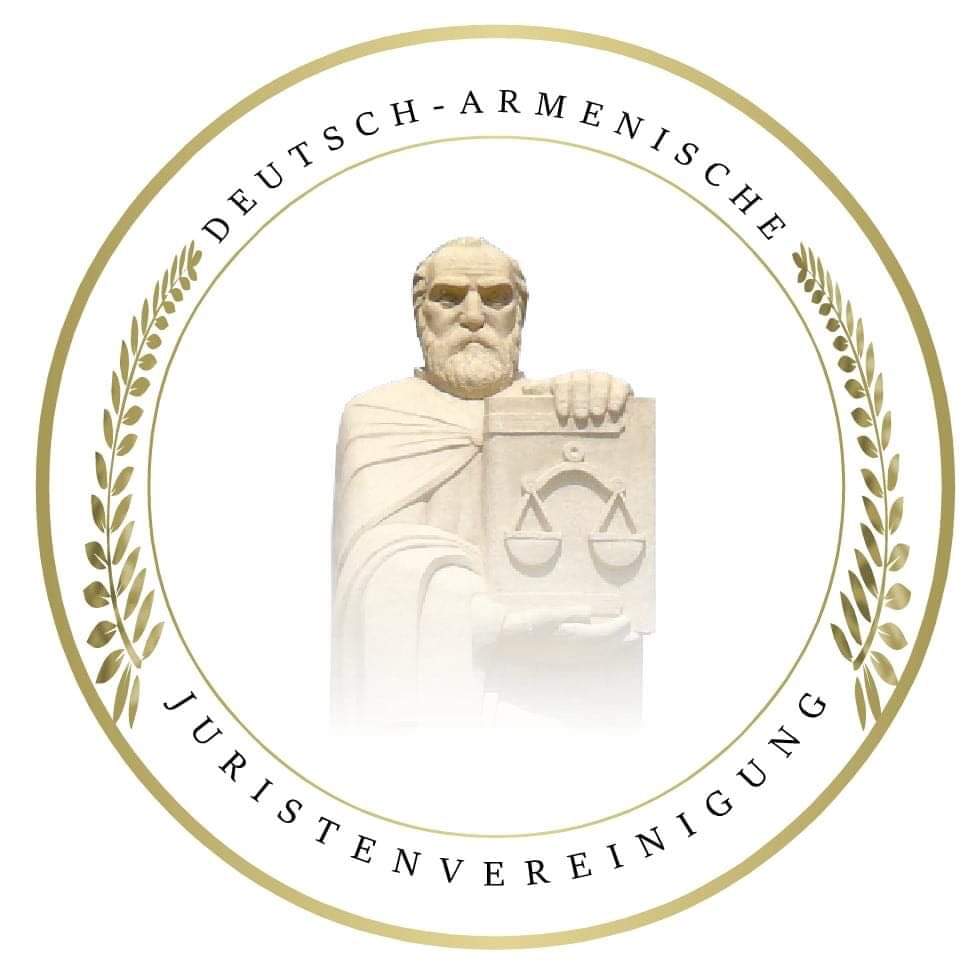
The Statement of the German-Armenian Lawyers’ Association on the interim observations by Rodney Dixon KC
On August 7, 2023, Luis Moreno Ocampo, the founding prosecutor of the International Criminal Court, shared his expert opinion about Genocide against Armenians in 2023. He specifically emphasized that the Armenian population in Nagorno-Karabakh is currently enduring a form of genocide through deliberate starvation under the Article II (c) of the Genocide Convention. Following this, on August 14, 2023, Rodney Dixon KC, a defense lawyer from the United Kingdom, published an interim response to the aforementioned opinion. In his reply, he pointed out five remarks, which regrettably appear to align closely with the narrative promoted by Azerbaijani propaganda.
- It is unfortunate that Mr. Dixon did not allocate sufficient time to delve into the historical context of the conflict, resulting in his characterization of Nagorno-Karabakh or Artsakh as an unlawful entity. Neither the United Nations Security Council Resolutions nor the diplomatic negotiations surrounding the conflict have ever deemed the Nagorno-Karabakh government as an unlawful entity (see e.g. Bishkek Protocol). The formation of the Nagorno-Karabakh government is rooted in the legislation of the USSR's dissolution and its subsequent Independence Referendum, along with the Nagorno-Karabakh constitution. In addition, the recognition of Artsakh as a territorial component of Azerbaijan would not prevent the realization of the right to self-determination of the people of Artsakh.
- Regrettably, Mr. Dixon disputes the fact that the International Court of Justice, through its orders dated February 22, 2023, and July 6, 2023, recognized the blockade of the Lachin Corridor as constituting a real and imminent risk to the health and life of Armenians living in Nagorno Karabakh. This description aligns with the material elements of the crime of genocide. While it is important to note that the ICJ's examination did not encompass an evaluation of the intent to commit genocide, as the case brought before it was grounded in the Convention on the Elimination of All Forms of Racial Discrimination, the present circumstances around unblocking Lachin Corridor are primarily centered on preventing genocide, a prevailing priority in this phase (cf. esp. recognition of Holodomor as Genocide).
- Furthermore, it is questionable how the expert, specialized in international criminal law, fails to acknowledge the Head of State's intention to destroy the group as evident from his explicit statements, mentioned in the opinion of Mr. Ocampo and other public resources. Azerbaijan is indeed not a State Party to the International Criminal Court (ICC). Nevertheless, under Article 13(b) of the ICC Statute, the United Nations Security Council has the authority to refer the situation to the ICC Prosecutor, as this was the case in the Situation in Darfur, Sudan and in the Situation in Libya.
- The expert appears to overlook the content of the trilateral statement, where the Lachin Corridor is explicitly designated as the passage connecting Nagorno-Karabakh Armenians with the Republic of Armenia. Furthermore, the proposition of Azerbaijan to supply goods from Aghdam (Akna) to Stepanakert merely facilitates the step-by-step "integration" of Artsakh into the Azerbaijani state system, a process that, in actuality, will result in ethnic displacement and genocide once again. In light of the hate crimes, hate speech, and war crimes directed towards Armenians since 2020, it is deemed unacceptable to establish a route from Azerbaijani controlled territories to Stepanakert, potentially creating an avenue for impending further crimes. It's regrettable that the expert does neither acknowledge the fundamental principle of "pacta sunt servanda" nor the principle of the Lachin Corridor which is considered during the diplomatic negotiations since 1994.
- It is highly doubtful and unacceptable that Mr. Dixon, renowned for his expertise in international criminal matters, prioritizes the ongoing peace efforts between Armenia and Azerbaijan over the actual commission of the crime of genocide.
